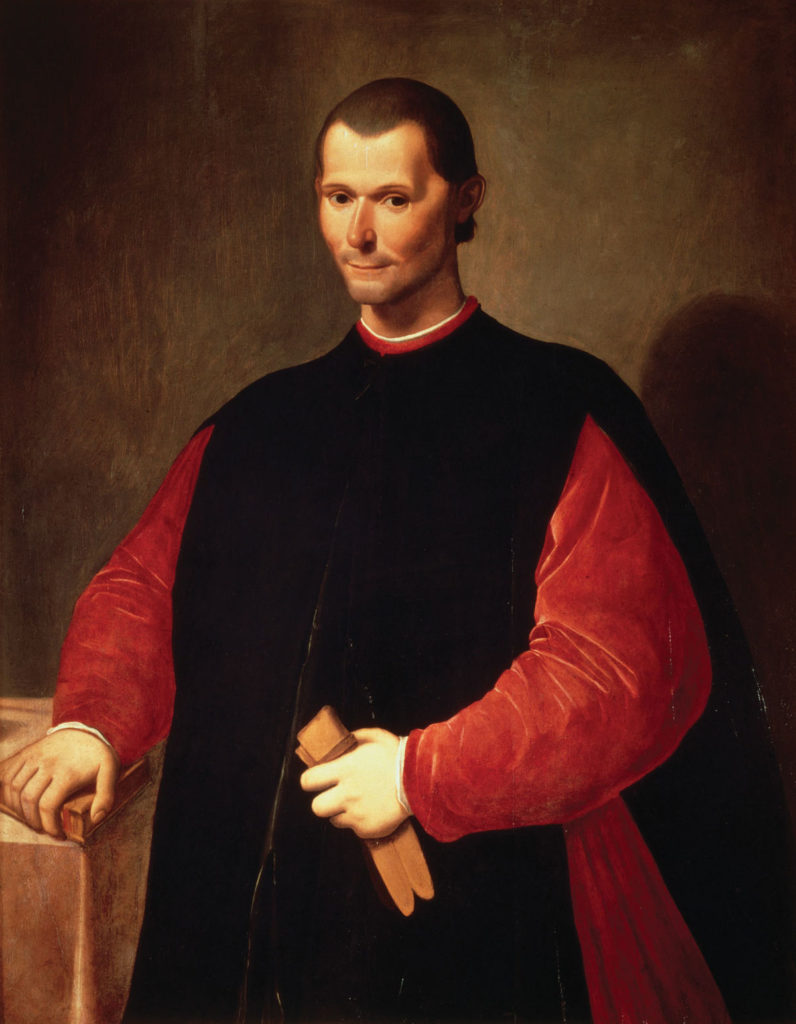Also known as the social brain hypothesis, Machiavelli’s intelligence theory explains why there has been such a rapid evolution of the human brain in homo sapiens. This organ began to grow and develop about 400,000 years ago and stabilized?50, 000 How do you explain this phenomenon?
Francisco de Wall created the concept of “Machiavelli’s intelligence”. In 1982, many research has been carried out on the social and political conduct of primates, but it was not until 1988 that this theory developed as we know it today. it happened thanks to psychologists Richard W. Byrne and Andrew Whiten, researchers at the University of St. Louis. Andrews in Scotland.
- These authors published their findings in “The intelligence of Machiavelli: social experience and evolution of the intellect in monkeys.
- Monkeys and humans.
- ” This involved the birth of Machiavelli’s theory of intelligence.
- But what does this theory suggest?.
Brain weight accounts for 2% of the total body. However, its energy expenditure represents 20% of the total, its glucose consumption, the main fuel from which it is fed, accounts for a quarter of the whole body, so from this perspective we can say that thinking is expensive, especially since some claim that only 10% of this energy consumption can be justified. Will the remaining 90% remain a mystery?
However, the brain has evolved at a much faster rate than other mammals. Twenty-five million years ago, several mutations were observed in the genome, a special attention deserves neocortex, the most developed part of the human brain, so one wonders why it has become an extremely complex organ.
There are many theories that try to explain the transition from a simpler mind to a much more complex mind. Among all, Machiavelli’s intelligence theory remains one of the most important today.
This hypothesis considers that this brain development is due to the increased cognitive demands of the environment, which are, in turn, a result of life in society. Intense competition with the group, the increasing number of social interactions, coexistence and interpersonal complexity are the triggers and engines of this evolving pressure.
Therefore, according to these authors and supported by various neuroanatomical evidences, this would have an impact on the development of general intelligence.
For advocates of this idea, growing and new social problems require the adoption and improvement of our strategies to improve our adaptation to a medium as dynamic as the one around us, in fact, neurophysiology has shown that these tricks are mainly related to forward-looking and decision-making.
This is why mastery of the arts, such as cover-up, deception, lying or manipulation, is perfected in order to achieve social success. Therefore, these resources are called “Machiavellians” because they involve all kinds of (not necessarily ethical) behaviors At this stage, we can observe the association between a person considered Machiavellian (personality characterized by sociopathy) and the theory explained.
For Machiavelli’s intelligence theory, cheating and helping are considered socially intelligent behaviors.
Then, the development of the brain, the result of social evolution, allows us to control our emotions and recognize those of others, in addition, it allows us to identify social structures, fraternize with other people and know the role they play in each situation. us to locate your actions by facilitating understanding the attitudes and intentions of others.
To explain this theory, we cannot ignore the principle of natural selection developed by Charles Darwin. The convergence between the two postulates is that the individuals who have been able to develop successful social and reproductive strategies are those who have reached another level. In other words, in general, people with more life skills were more likely to survive.
Machiavelli’s intelligence theory has little to do with another that receives great recognition, but which justifies brain development for a practical reason. Thus, it believes that the increase in the volume of this organ is due to the need to face new problems: use of utensils, shelter or search for food.
This theory of Machiavelli’s intelligence is therefore crucial to understanding the relationship between the evolution of the brain and the level of social development of species. In retrospect, he argues that intelligence is combined with a set of skills that allow man to constantly adapt to new situations dominates the dimension Thank you, evolution!Thank you, brain plasticity!

